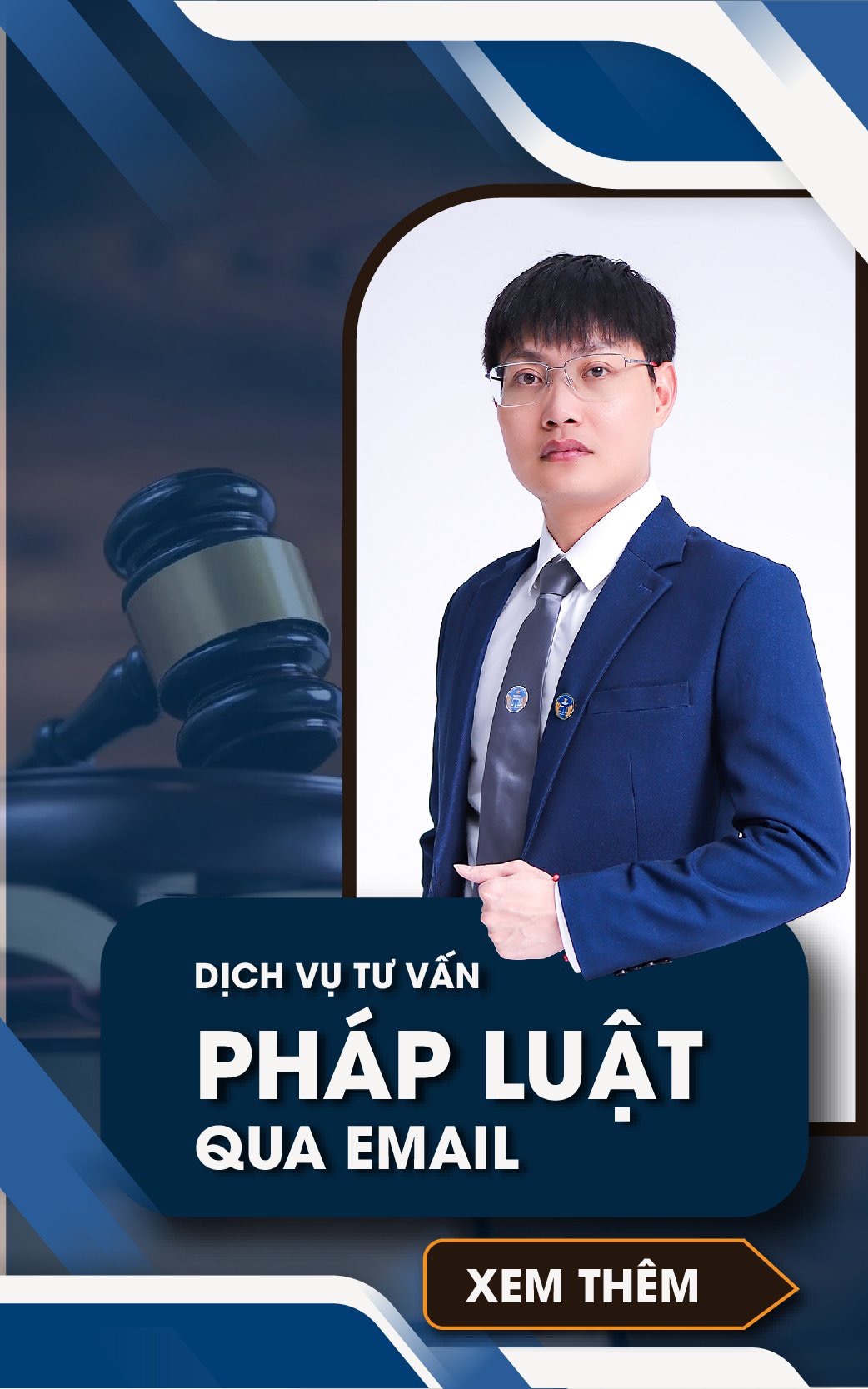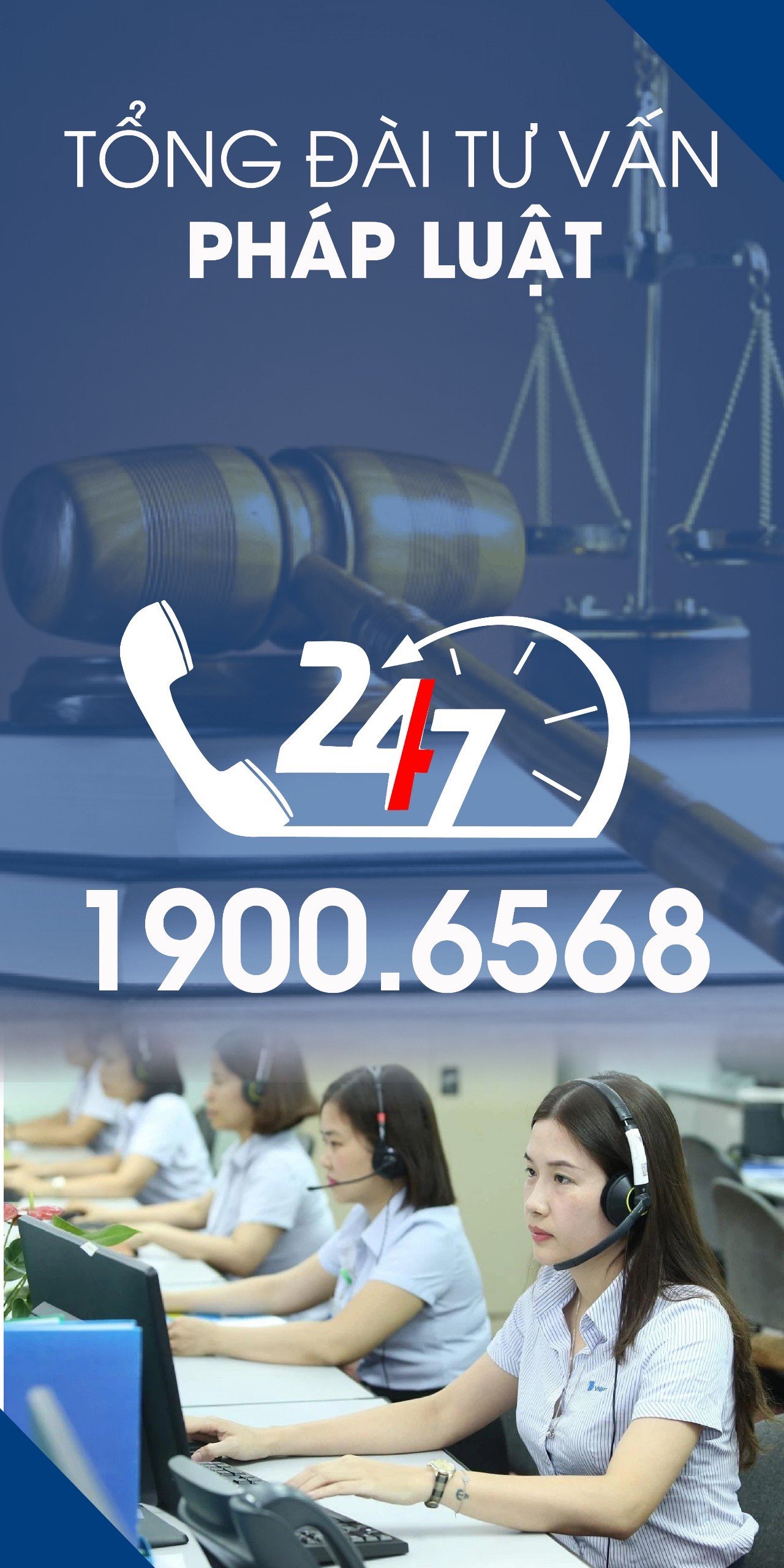Động từ khuyết thiếu đóng một vai trò quan trọng trong ngữ pháp tiếng Anh bên cạnh động từ thường. Trong bài viết dưới đây hãy cùng chúng tôi tìm hiểu về nội dung này cũng như làm các dạng bài tập cụ thể về động từ khuyết thiếu để ôn luyện hiệu quả bạn nhé.
Mục lục bài viết
1. It’s very likely that the company will accept his application:
Mark the letter A, B, C, or D to indicate the sentence that is closest in meaning to each of the following questions.
It’s very likely that the company will accept his application…
A. The company needs accept his application.
B. The company might accept his application.
C. The company must accept his application.
D. The company should accept his application.
Đáp án: B. The company might accept his application.
Kiến thức: Động từ khuyết thiếu.
2. Lý thuyết động từ khuyết thiếu:
Dưới đây là một số cách sử dụng phổ biến của các động từ khuyết thiếu trong tiếng Anh:
2.1. Can/ Could/ Be able to – có thể:
“Can” được sử dụng để diễn đạt khả năng ai đó có thể làm gì đó, hoặc để diễn tả khả năng xảy ra của một sự vật hay hiện tượng ở hiện tại hoặc tương lai. Ví dụ: “I can swim” (Tôi có thể bơi).
“Could” là dạng quá khứ của “Can”, dùng để diễn tả khả năng xảy ra trong quá khứ. Ví dụ: “When I was young, I could run very fast” (Khi tôi còn nhỏ, tôi có thể chạy rất nhanh).
“Can” và “Could” thường được sử dụng trong câu hỏi để xin phép, đề nghị hoặc yêu cầu ai đó làm một việc gì đó. Ví dụ: “Can you help me?” (Bạn có thể giúp tôi được không?).
“Be able to” được sử dụng để diễn tả khả năng của một người hay một sự vật có thể làm gì đó. So với “Can” và “Could”, “Be able to” có khả năng diễn đạt hẹp hơn và cụ thể hơn. Ví dụ: “I am able to speak three languages” (Tôi có khả năng nói ba ngôn ngữ).
2.2. Must/ Have to – phải:
“Have to” được sử dụng để diễn tả sự cần thiết phải làm một việc gì đó. Tuy nhiên, việc phải làm đó thường do một lý do bên ngoài tác động. Ví dụ: “I have to go to work tomorrow” (Tôi phải đi làm ngày mai).
“Don’t have to” hoặc “Don’t need to” được sử dụng để diễn tả không cần phải làm gì đó. Ví dụ: “You don’t have to bring your own food, we will provide it” (Bạn không cần phải mang đồ ăn của riêng bạn, chúng tôi sẽ cung cấp).
“Must” được sử dụng để diễn tả sự cần thiết hoặc bắt buộc phải làm việc gì đó ở thời điểm hiện tại hoặc tương lai. Ví dụ: “You must finish your homework before you go out to play” (Bạn phải hoàn thành bài tập trước khi ra ngoài chơi).
“Must” cũng có thể được sử dụng để đưa ra lời khuyên hoặc suy luận mang tính chắc chắn. Ví dụ: “That movie must be very interesting, everyone is talking about it” (Bộ phim đó chắc chắn rất thú vị, mọi người đang nói về nó).
Cấu trúc phủ định của “Must” là “Must not” hoặc “Mustn’t”, diễn tả sự cấm đoán. Ví dụ: “You must not smoke in this area” (Bạn không được hút thuốc ở khu vực này).
2.3. May/ Might – có thể:
“May” được sử dụng để diễn tả khả năng xảy ra ở thời điểm hiện tại. Ví dụ: “He may come to the party tonight” (Anh ta có thể đến buổi tiệc tối nay).
“Might” là dạng quá khứ của “May”, dùng để diễn tả khả năng đã xảy ra trong quá khứ. Ví dụ: “She might have forgotten her keys at home” (Cô ấy có thể đã quên chìa khóa ở nhà).
Trong dạng câu hỏi, động từ khuyết thiếu “may” và “might” thường được sử dụng để xin phép. Ví dụ: “May I borrow your pen?” (Tôi có thể mượn bút của bạn được không?).
“May” thường được sử dụng trong văn nói, trong khi “Might” thường được sử dụng trong văn viết với ý nghĩa trang trọng hơn.
2.4. Will/ Would/ Shall – sẽ:
“Will” được sử dụng để diễn tả sự dự đoán về khả năng xảy ra trong tương lai. Ví dụ: “I think it will rain tomorrow” (Tôi nghĩ rằng ngày mai sẽ mưa).
“Would” là dạng quá khứ của “Will”, dùng để diễn tả sự dự đoán về sự việc đã xảy ra trong quá khứ. Ví dụ: “He said he would call me, but he didn’t” (Anh ta nói anh ta sẽ gọi cho tôi, nhưng anh ta không gọi).
Ngoài ra, “Will” cũng có thể được sử dụng để đưa ra một quyết định ngay tại thời điểm nói. Ví dụ: “I will have the fish for dinner” (Tôi sẽ ăn cá cho bữa tối).
Trong dạng câu nghi vấn, “will” và “would” còn được sử dụng để đề nghị, yêu cầu hoặc mời ai đó làm một việc gì đó. Ví dụ: “Would you like a cup of tea?” (Bạn có muốn uống một tách trà không?).
“Shall” cũng mang nghĩa là “sẽ” nhưng thường được sử dụng để xin ý kiến hoặc lời khuyên từ người khác. Tuy nhiên, “Shall” được sử dụng ít hơn “Will”.
2.5. Should/ Ought to – nên:
“Should” được sử dụng để đưa ra lời khuyên hoặc ý kiến của mình. Ví dụ: “You should eat more vegetables for better health” (Bạn nên ăn nhiều rau để có sức khỏe tốt hơn).
“Should” cũng có thể được sử dụng để đưa ra suy đoán về một việc gì đó. Ví dụ: “She should be here by now, the meeting started 10 minutes ago” (Cô ấy nên đã ở đây rồi, cuộc họp bắt đầu cách đây 10 phút).
“Should” và “Ought to” được sử dụng để diễn tả sự bắt buộc phải làm một việc gì đó. Tuy nhiên, mức độ bắt buộc của chúng sẽ khác nhau: Mức độ bắt buộc cao nhất là “Must”, sau đó là “Ought to” và cuối cùng là “Should”.
3. Câu hỏi vận dụng liên quan:
Câu hỏi 1: . People say that he was born in London.
A. That is said he was born in London.
B. It was said that he was born in London.
C. He was said to be born in London.
D. He is said to have been born in London.
Đáp án: D
Câu hỏi 2: We have no seats left for the concert next Sunday.
A. All the seats for the concert next Sunday have been booked
B. All the seats were sold for the concert next Sunday.
C. The concert next Sunday had no seats for us.
D. No seats left for us for the concert next Sunday.
Đáp án: A
Câu hỏi 3: She had only just begun to speak when people started interrupting.
A. She hardly had begun to speak when people started interrupting.
B. Hardly she had begun to speak when people started interrupting.
C. Hardly had she begun to speak when people started interrupting.
D. She hadn’t begun to speak when people started interrupting.
Đáp án: C
Câu hỏi 4: The storm blew a lot of trees down last night.
A. A lot of trees were blown down last night by the storm.
B. A lot of trees were cut down last night
C. The storm could have blown a lot of trees down.
D. The storm was strong enough to blow down old trees.
Đáp án: A
Câu hỏi 5: People don’t use this road very often.
A. This road is not used very often
B. Not very often this road is not used
C. This road very often is not used
D. This road not very often is used
Đáp án: A
Câu hỏi 6: Although it rained heavily, they went on working.
A. In spite of the rain heavily, they went on working.
B. In spite of the raining heavily, they went on working.
C. Despite the heavy rain, they went on working.
D. Though the fact that it rained heavily, they went on working.
Đáp án: C
Câu hỏi 7: Cars cause pollution but people still want them.
A. Because cars cause pollution, people want them.
B. Despite the fact that cars cause pollution, people want them.
C. Cars cause pollution although people want them.
D. Cars cause pollution because people still want them.
Đáp án: B
Câu hỏi 8: They have built a new hospital near the airport.
A. Near the airport a new hospital has been built.
B. A new hospital has been built near the airport by them.
C. A new hospital near the airport has been built.
D. A new hospital has been built near the airport.
Đáp án: D
Câu hỏi 9: Their complaints to the head office should be sent.
A. People should send their complaints to the head office.
B. Complaints should be sent to the head office.
C. Complaints should be sent to the head office by people.
D. Their complaints should be sent to the head office by people.
Đáp án: A
Câu hỏi 10: They were exposed to biased information, so they didn’t know the true story.
A. If they got unbiased information, they could know the true story
B. If they had unbiased the information, they could have known the true story.
C. If they had been exposed to unbiased information, they would have known the true story.
D. If they have exposed to the unbiased information, they could have seen the true story.
Đáp án: C
Câu hỏi 11: People believe that 13 is an unlucky number.
A. 13 is believed to have been an unlucky number.
B. It is believe 13 to have been an unlucky number.
C. 13 is believed to be an unlucky number.
D. It believes that 13 is an unlucky number.
Đáp án: C
Câu hỏi 12: People said they had demolished the building.
A. The building was said to have demolished.
B. The building was said to have been demolishing.
C. The building was said to be demolished.
D. The building was said to have been demolished.
Đáp án: C
Câu hỏi 13: We arrived at the airport. We realized our passports were still at home.
A. It was until we arrived at the airport that we realize our passports were still at home.
B. We arrived at the airport and realized that our passports are still at home.
C. Not until had we arrived at the airport, we realized our passports were still at home.
D. Not until we arrived at the airport did we realize that our passports were still at home.
Đáp án: D
Câu hỏi 14: He was driving so fast that he could have had an accident.
A. He wasn’t driving fast enough to avoid an accident.
B. He did’t have an accident although he was driving very fast.
C. If he had been driving very fast, he would have had an accident.
D. An accident happended, and it was caused by his very fast driving.
Đáp án: B
Câu hỏi 15: I said to her “If you let your son do whatever he wants, you will spoil him.”
A. I said if she lets her son do whatever he wants, she will spoil him.
B. I warned her that if she let her son do whatever he wanted, she would spoil him.
C. I warned her that if she let her son do whatever she wanted, she would spoil him.
D. I told her if her son did whatever she wanted, she would spoil him.
Đáp án: B
Câu hỏi 16: No matter how hard Fred tried to start the car, he didn’t succeed.
A. Fried tried very hard to start the car, and succeeded.
B. Fried tried hard to start the car, and with success.
C. However hard he tried, Fried couldn’t start the car.
D. It’s hard for Fried to start the car because he never succeeded.
Đáp án: C
Câu hỏi 17: I did not read his book. I did not understand what the lecturer was saying.
A. What the lecturer wrote and said was too difficult for me to understand.
B. I found it very difficult to understand what the lecturer said in his book.
C. I would have understood what the lecturer was saying if I had read his book.
D. The lecturer’s book which I had not read was difficult to understand.
Đáp án: C
Câu hỏi 18: . When I had finished the report, I went out for a cup of coffee.
A. Finishing the report, I went out for a cup of coffee.
B. Having finished the report, i went out for a cup of coffee.
C. Going out for a cup of coffee, I finished my report.
D. To finish the report, I went out for a cup of coffee.
Đáp án: B
Câu hỏi 19: People have discovered a new source of energy. .
A. A new source of energy has discovered.
B. A new source of energy was discovered.
C. A new source of energy have been discovered
D. A new source of energy has been discovered
Đáp án: D




